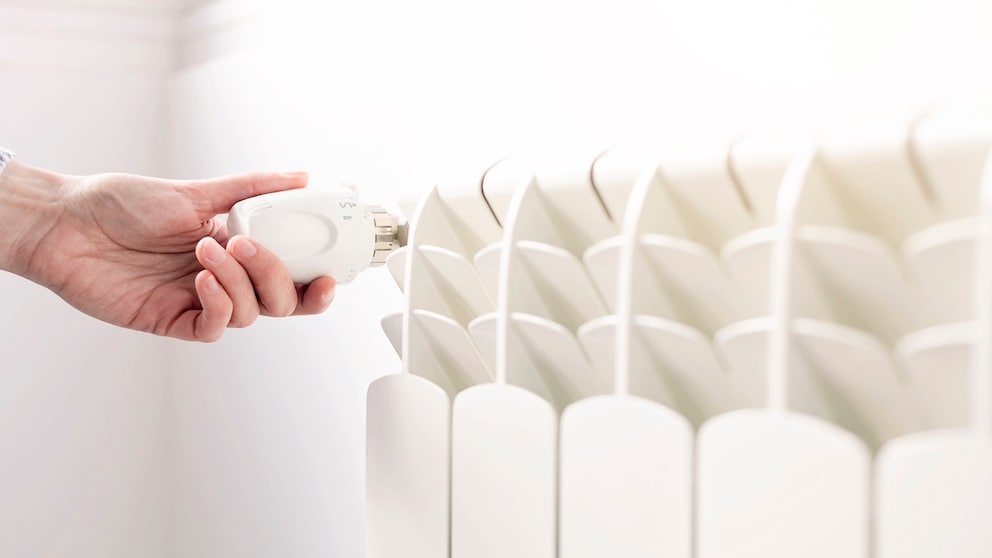November 13, 2024, 3:07 pm | Read time: 2 minutes
When it’s freezing cold outside, you make yourself nice and warm inside. But to avoid wasting energy unnecessarily and save money, it seems obvious to turn the heating off when you’re not at home. Read here to find out whether you can really save money this way.
If no one is at home, the heating is turned off. This saves money and energy at the same time – at least, that’s the theory. But is this really the case? Can you save money and energy if you turn the heating off as soon as you leave the house or apartment? myHOMEBOOK explains whether it’s better to leave the heating on or turn it off when you’re not at home.
Turn down the heating – yes or no?
“Turning the heating down when you leave the house for a longer period of time is an ideal way to save on heating costs,” says Alexander Steinfeldt from the non-profit consultancy co2online. He recommends turning the thermostat down to around 16 degrees Celsius – for example, for a working day or a short trip over the weekend. With manual thermostats, this usually corresponds to level 2. And with programmable thermostats, the room temperature is even regulated to the exact degree and according to the time of day.
Better to turn the heating off completely?
However, the heating should not be switched off completely. If the room temperature drops too low, the risk of mold increases. Even if you are not at home for a more extended period of time, the heating should not be turned off completely, as otherwise, the humidity will settle on the cooled walls.

Save Energy What Time of Day You Should Ventilate in Spring

More Harm Than Good What Happens in Your Home When You Ventilate Too Much

Widespread misconception! Why the washing machine’s quick wash program does not save money
Save heating costs and reduce energy consumption
Turning the heating down a little is one way to save on heating costs and reduce energy consumption. But there are also many others. The Federal Environment Agency advises sealing leaky windows and doors with foam sealing tape or rubber seals. This is because a lot of energy is lost because of draughts from windows and doors alone.
Radiators should also be vented regularly – and they should not be covered by furniture or curtains. Otherwise, the heated air cannot spread throughout the room. If the shutters are down, they can reduce heat loss through the window by around 20 percent at night. Closed curtains increase this effect even more.

